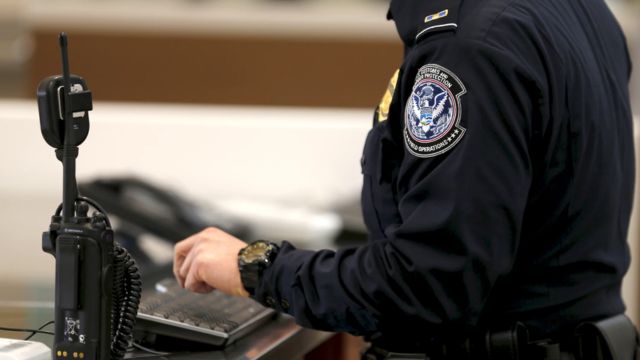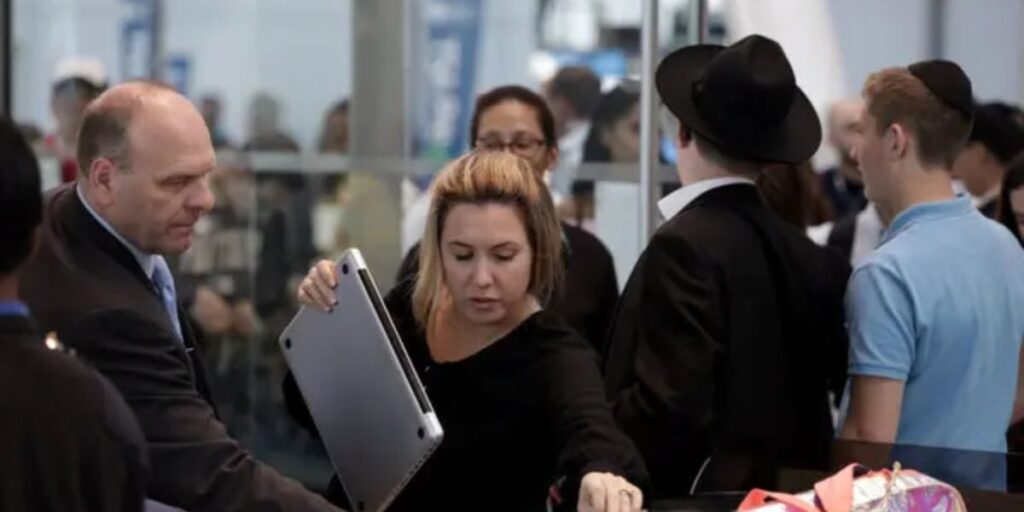In the fast-paced environment of New York, the presence of police officers in public spaces often brings up questions about personal privacy and legal protections. One topic that frequently sparks confusion and concern is the issue of warrantless searches, particularly when it comes to police bag inspections. Whether you’re commuting on the subway, walking through a crowded park, or attending a public event, understanding your rights during a police encounter can make all the difference.
In this article, we’ll explore what the law says about warrantless searches in New York, the specific circumstances under which police may inspect your bag, and how you can protect your rights.
What Are Warrantless Searches?
Warrantless searches refer to searches conducted by law enforcement officers without first obtaining a warrant from a judge or magistrate. In the United States, the Fourth Amendment protects citizens from unreasonable searches and seizures, generally requiring police to obtain a warrant backed by probable cause. However, there are exceptions to this rule that allow officers to conduct certain searches without a warrant.
When Can New York Police Conduct Warrantless Bag Searches?
In New York, police officers can search your bag without a warrant under specific circumstances, primarily rooted in concerns of safety, public order, and criminal investigations. Here are some common situations where warrantless bag searches might occur:
1. Terry Stops and Frisk Searches (Stop and Frisk)
Under the “Terry Stop” doctrine, named after the 1968 U.S. Supreme Court case Terry v. Ohio, police officers can stop a person if they have a reasonable suspicion that the individual is involved in criminal activity. If the officer believes that the individual may be carrying a weapon or contraband, they are allowed to conduct a frisk—a limited search of the person’s outer clothing, including bags.
In New York, the stop-and-frisk policy has been a topic of controversy. While the law permits the police to stop and question individuals when they have reasonable suspicion, any search beyond that requires probable cause. Officers cannot arbitrarily search bags without articulating a specific reason to suspect criminal activity.
Example: If a police officer stops someone on the street because they appear to be loitering near a high-crime area and suspects they might be carrying something illegal, the officer could perform a frisk, which may include a search of the bag.
2. Searches at Airports, Train Stations, and Public Transportation Hubs
New York police also have the authority to conduct warrantless bag searches at transportation hubs such as airports, train stations, and subway entrances. These areas are subject to heightened security measures, and police may conduct searches based on a more relaxed standard than usual, particularly when it comes to preventing terrorism and ensuring public safety.
In these situations, officers are typically allowed to inspect bags as part of routine screening processes. While the searches are often brief and non-intrusive, individuals may be asked to open their bags for inspection. If you refuse, you could be detained, and in some cases, the authorities may escalate the situation.
Example: At an airport security checkpoint, your bag might be subject to a random search, and refusal to comply could result in delay, questioning, or even arrest in extreme cases.
3. Searches at Public Events or Demonstrations
During public events or demonstrations, particularly those that draw large crowds, police in New York may conduct warrantless searches for safety reasons. Officers may ask to inspect bags, backpacks, or other belongings before you enter a stadium, concert venue, or protest area. The government’s interest in preventing violence or the distribution of illegal substances at such events typically allows for more leniency in enforcing searches.
In these cases, bag inspections are often part of a set of rules for gaining access to a specific location. However, while these searches may be legal under the public safety exception, individuals still have the right to object or request clarification about the search’s scope.
Example: Before entering a large public gathering, such as a concert at Madison Square Garden, police may ask to look through your bag for any prohibited items, including weapons or alcohol.
4. Probable Cause and Exigent Circumstances

In some situations, if police officers have probable cause to believe that a crime is being committed or that evidence of a crime is in a bag, they may conduct a search without a warrant. Exigent circumstances, such as the risk of evidence being destroyed or a suspect fleeing, may also justify warrantless searches.
Example: If an officer observes a person acting suspiciously and has reason to believe they are carrying contraband or evidence of a crime, they may inspect the person’s bag on the spot.
What Rights Do You Have During a Warrantless Bag Search?
While New York law allows for certain warrantless searches, your rights are still protected. Understanding these rights can help you handle situations where you are asked to open your bag or submit to a search.
- Right to Refuse, But Understand the Consequences: In most circumstances, you have the right to refuse a bag search. However, refusing a search may lead to further questioning, detainment, or even arrest depending on the situation. If you are in a public place where a search is mandated for safety reasons (such as at a concert or on public transportation), refusal may result in denial of entry or removal from the area.
- Right to Know the Reason for the Search: If you are stopped by a police officer and asked to open your bag, you can request an explanation of why the search is happening. If the officer cannot provide a valid reason, you may have grounds to question the legality of the search.
- Right to a Lawyer: If the search leads to arrest or criminal charges, you have the right to an attorney. It’s crucial to remain calm and respectful, and if the situation escalates, assert your rights.
Balancing Safety and Privacy
While the law in New York allows for certain warrantless searches, it is essential to strike a balance between public safety and individual privacy. Police officers are entrusted with the responsibility of ensuring public safety, but they must also respect the constitutional rights of citizens. As the legal landscape around warrantless searches continues to evolve, it’s important to stay informed about your rights and how they apply to specific situations.
In any encounter with law enforcement, the key is knowing when a search is legally justified and understanding your options. If you believe that your rights have been violated, seeking legal advice is always a prudent course of action.
Safety Fast! California Police and Bag Searches: What Does the Law Say About Warrantless Searches?




More Stories
New York Police and Warrantless Searches: Navigating the New Legal Boundaries of Bag Inspections
New York Police and Warrantless Searches: Navigating the New Legal Boundaries of Bag Inspections
New York Police and Warrantless Searches: Navigating the New Legal Boundaries of Bag Inspections